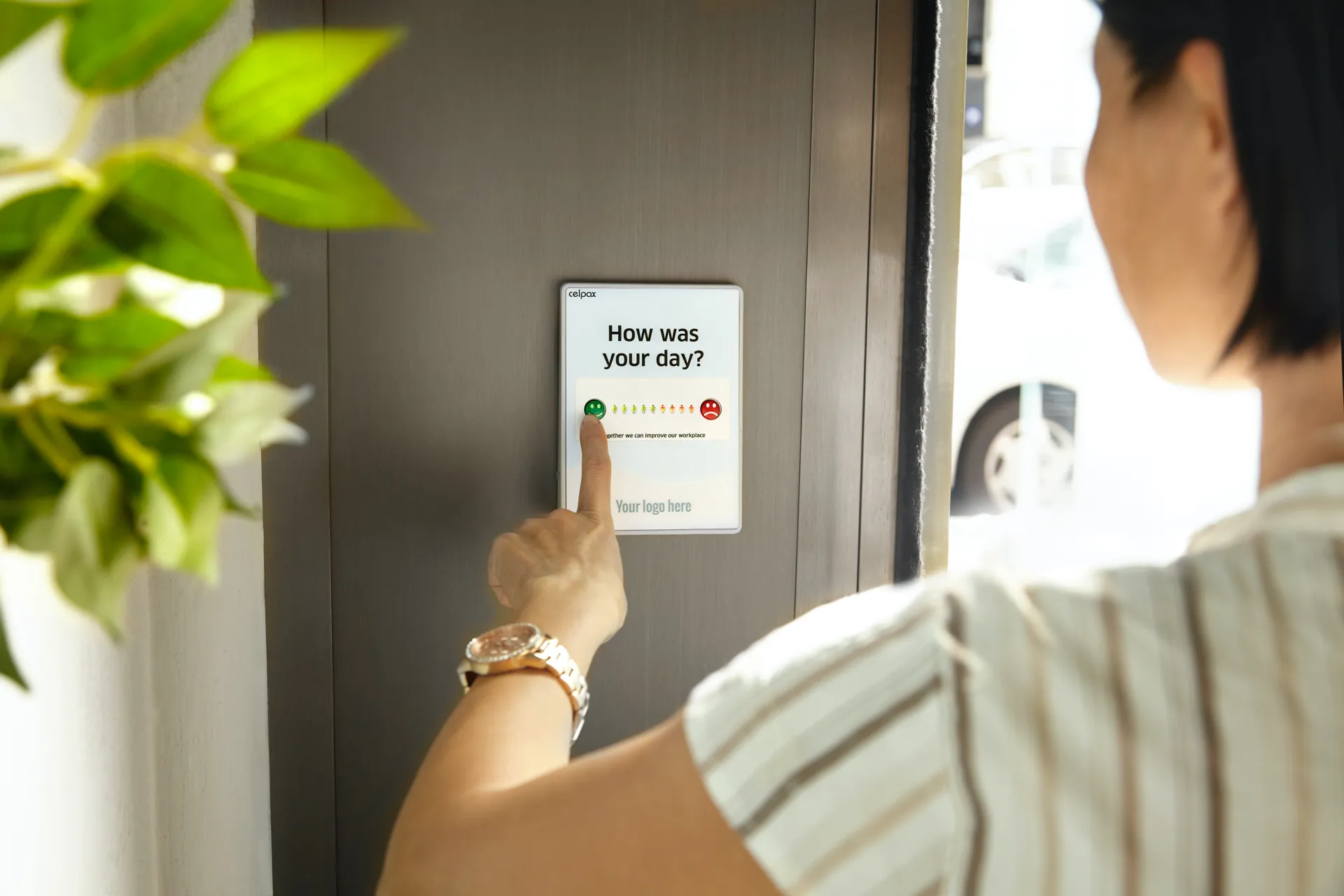
How feedback can benefit your company
Leveraging psychology in business, emphasizing effective feedback to enhance communication, teamwork, and productivity among introverts in the workplace.
Psychology at business service
We’re all nerds. Not necessarily the nerds typified as those we see on TV with pimples all over their faces and old-fashioned glasses on their noses, but as ordinary people who spend time working with his or her eyes fixed on the computer screen. We may be fans of small talk, but having a severe debate scares us to death. A bunch of introverts, some would say. Unfortunately, there is often little room for this kind of person in the business environment. That is why we have to adjust and find a way that will teach us how to talk with each other and help us cooperate.
With psychology being more popular than ever, it should be simple to find a solution to our problem. But feedback is not and has never been easy. The way we benefit from feedback, however, makes it worth the effort. If you have already started picturing your company’scompany’s success, let us tell you what exactly feedback is and why you need to start practising it right now.
Simply speaking, feedback is a system that is crucial for proper communication. It is the receiver’s reaction or response that reaches the sender so he can understand how his message or action was interpreted. If this is the first time you have come across this word, let us provide an example. Remember when you were a child and wanted to get something badly, so you decided to tidy up your room months after your parents asked you to do? Your mum was saying “what a wonderful job, honey!”” after she sees how clean the whole apartment is, that is feedback. It means a response to your action. It made you get what you wanted, but how can feedback influence the entire company? You want that answer, we know. But it would be best to learn how to give feedback first correctly.
Tricks or tips
Complimenting someone sounds easy, but how can you criticise your worker without discouraging him? Here are some tips that we have been working on and found essential:
Be helpful – you often need to say something out loud to get it out of your head, but feedback is not all about you. It is about the other person whom you are trying to help. Writing your message down is the best way to be as helpful as possible. That way, you will know precisely what you want to say and find an appropriate way of saying it.
Be immediate – waiting for a perfect moment is unnecessary. That way, you will forget half of what you wanted to say, and the other person will not remember the situation you are referring to. Feel free to talk right after an event has taken place; however, assuming that advice too literally is not always a good idea. Instead of coming out of nowhere and surprising the person with criticism, ask them to schedule a time to talk. That way, both of you can prepare.
Be specific – that is something we find challenging to achieve. You can easily be too vague and not say what you want as you don’t want to hurt someone’s feelings or be direct, hurting them anyway. Try to connect what you want to say with positive information, for example, “You are so smart, I would love to hear what you have to say in our meetings!” instead of “You don’t talk to people.”
Be communicative – feedback is that it is not a monologue. A conversation is the most effective way to improve how our company works. That is why knowing how to receive feedback properly is so important.
Don’t worry. We prepared some advice that can work for you:
Be open – whatever your opinion is about yourself, it is not what everyone else thinks, especially your boss. If you want feedback to work – and you should – you must be prepared to hear the criticism and use it to improve your work instead of fighting it.
Be focused – you need to listen carefully to hear feedback. Imagine how hard it must be for the other person to say all those things. Make sure they know you are a good listener.
Be active – you should feel free to ask questions. Make sure you understand what the other person is saying and react. Remember not to be too aggressive, however.
Now, you should be ready to put feedback into practice and finally understand its purpose. Communicating openly and honestly creates that unique bond between people. It works the same way when it comes to colleagues. Once you find friends in your workplace, you go there more willingly, work more efficiently, and, the most crucial thing, become more productive.
Taking good care of that bond by giving and receiving feedback regularly and adequately will motivate the entire team and develop your performance, making you and your company closer to success. Now, have we convinced you to give feedback?

Contact us.
If you need a partner in software development, we're here to help you.
We will respond to your enquiry immediately.